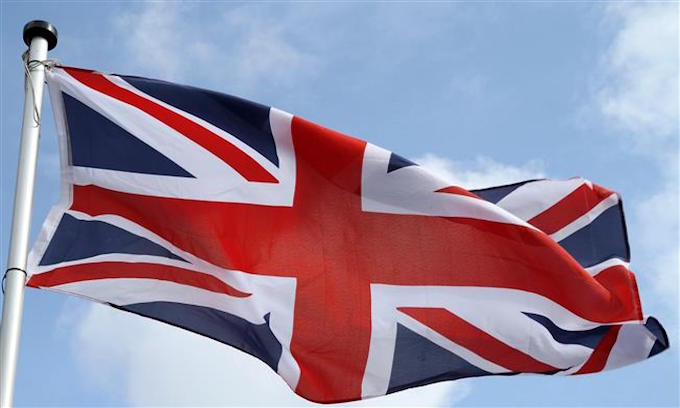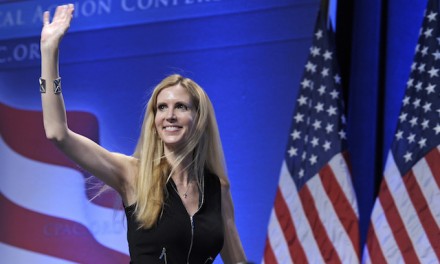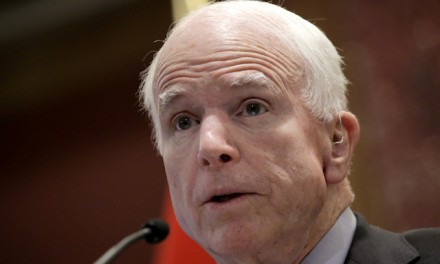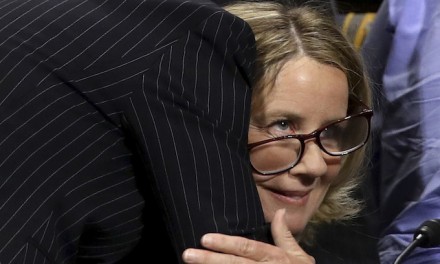Divorces are messy — Brexit is no exception.
All the squabbling in Parliament denies what most British voters have concluded. The European Union, spread over 28 countries and 24 official languages, may make sense as a free trade area similar to NAFTA but virtually none as a broader economic community and political union.
The euro is chronically overvalued for countries like Italy in the south and undervalued for countries like Germany in the north. That hamstrings fiscal and monetary policies, and along with Brussels’ rigid regulations, continental labor laws and German mercantilism cripple growth.
The U.K. and other EU states enjoy mutually-eased border crossings but the lack of consensus about immigration from the Middle East and Africa effectively means just about anyone Germany foolishly admits and grants papers can eventually find their way to the U.K.
To placate Ireland and discourage anti-EU sentiment elsewhere, the Germans and French are determined to punish the U.K. for leaving. They insist on a $48 billion exit tax and a free trade arrangement that could indefinitely impose an absolutely open border with Ireland and the rest of the EU — and require the U.K. to follow EU regulations without any say in writing those.
Those would wholly negate Brexit’s purposes and are patently unnecessary. Canada, Mexico, Japan and others have free trade agreements with the EU without all that nonsense. NAFTA permits easy movement of goods, service providers and daily commuters without requiring participants to accept immigrants others choose to admit.
Hard-line advocates in Ireland argue the 1998 Good Friday Agreement, which ended the violent uprising in the North, requires a fully open border between Northern Ireland and Ireland, but it doesn’t.
Reasonable solutions are available to uphold the intent of the agreement. For example, permitting the quick movement across borders of parts and manufactures certified by business to be of U.K. or EU origin, electronic tagging and occasional spot checks. Also, reasonable inspection of agricultural products and a Trusted Traveler program for European citizens similar to the U.S. program.
Ireland is as economically dependent on the U.K. as on the rest of Europe, and Boris Johnson has that as his trump card. If Ireland doesn’t get reasonable, it would be devastated by a genuinely hard Brexit.
The world has changed a lot since the U.K. joined the EU in 1974. German leadership in machinery and automobiles and French wine and culture don’t carry as much in global commerce as they once did. Britain has a vibrant high-tech sector but continental Europe does not have the universities to support one.
For now, the U.K. needs to keep its manufacturing integrated with the continent, but its future is really tied to North America — in particular the high-tech sectors of the United States and Canadian west coast.
If the rest of Europe insists on a messy divorce — it should simply bolt, declare unilateral free trade with the continent and offer to continue admitting EU manufactures and components without customs checks, supplemented by a system of electronic checking — if the EU agrees to do the same.
As for services, the U.K. can offer mutual recognition of licenses and standards as both London and Brussels enforce high levels of consumer protection.
British banks are concerned that without EU passporting — a system that gives them better access to customers than other foreign banks on the continent — they won’t be able to compete. U.S. banks are already cleaning up without that benefit on the continent because German, Italian and French banks are about as competitive as Peugeot was when it last sold cars here in 1991.
According to Moody’s, Britain’s financial houses will not be severely handicapped and only face quite manageable adjustments.
Britain could petition for free trade with NAFTA. Through EU agreements with Mexico and Canada, it already has duty-free trade, except with the United States. However, the EU could lean on those to quit the U.K. after Brexit.
If the EU does not accept Britain’s offer or leans on Mexico and Canada, the U.K. should withhold the $48 billion payment.
That would get German Chancellor Angela Merkel and French President Emmanuel Macron’s attention.
American national interests require a strong and competitive Britain. And both the Mexicans and Canadians know we can put much more heat on them than the divided and weak gang in Brussels.
It’s time for realpolitik — an independent Britain with strong North America friends.
• Peter Morici is an economist and business professor at the University of Maryland, and a national columnist.
© Copyright (c) 2019 News World Communications, Inc.
—-
This content is published through a licensing agreement with Acquire Media using its NewsEdge technology.



















Recent Comments